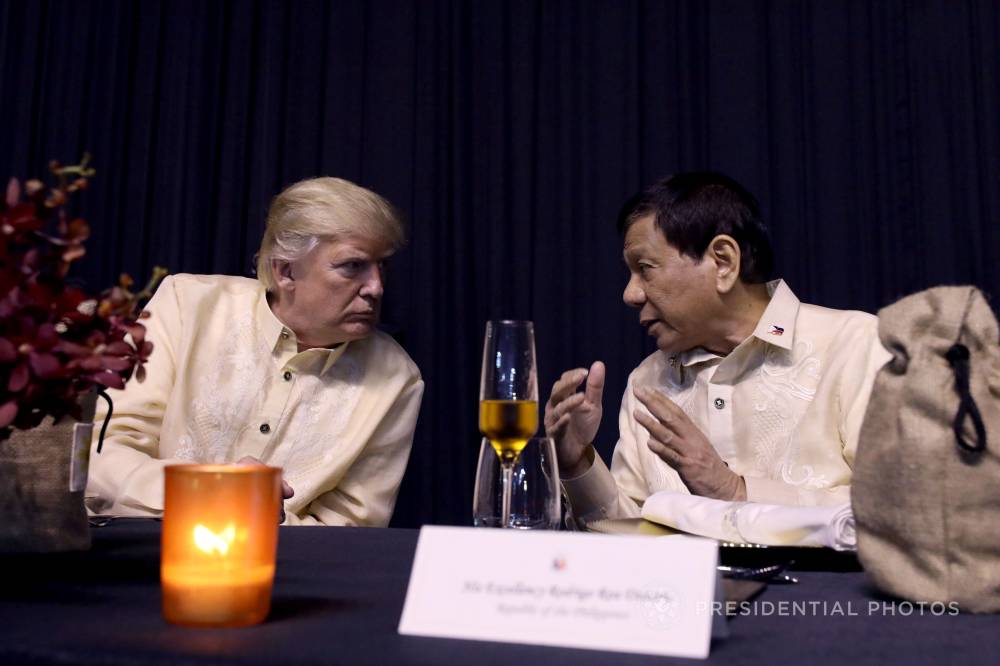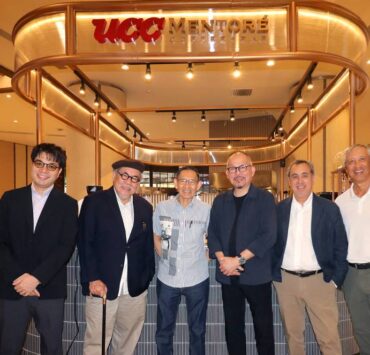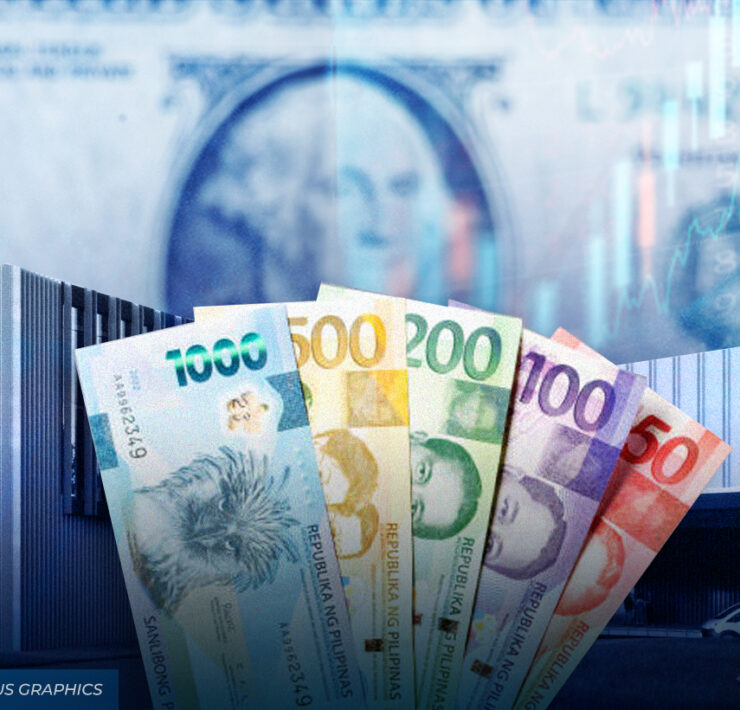Trump, Duterte and Marketing 101

(Second of two parts)
Both Donald Trump and Rodrigo Duterte knew the power of simplicity. Trump’s “Make America great again” (Maga) and Duterte’s focus on “law and order” were clear, memorable and easy to understand. In a world filled with noise, these straightforward messages stood out. They didn’t require deep thought or analysis—voters understood exactly what was being promised.
Keep it simple and relevant
Marketers can learn a lot from these. Today’s consumers are bombarded with information, and their attention span is shorter than ever. A simple, clear message is much more likely to get through than something complicated or unclear. Whether it is a tagline, a campaign, or a product feature, simplicity helps your audience quickly make sense of what you are offering and why it matters to them.
Control the narrative
One of the most striking aspects of Trump and Duterte’s campaigns was their ability to control the narrative. Both leaders used social media to communicate directly with their followers, bypassing traditional media outlets and shaping how the public saw them. By speaking directly to their supporters, they could set the agenda, dominate the news cycle, reinforce, and even defend their messages on their own terms.
In the marketing world, social media gives brands a similar opportunity to control the narrative. Platforms like Instagram, Facebook, X and TikTok allow brands to connect directly with their audience, build trust and shape the story that is being told about them. The 2024 US elections had been dubbed as the first “podcast” elections, with both Trump and (Kamala) Harris doing the interview rounds with podcasters at popular channels, instead of meeting with journalists. By creating content that speaks directly to your consumers and target specific markets, you can avoid the noise and create more intimate and personal connections with your audience.
Disruption as a strategy for change
Trump and Duterte were not just politicians; they were disruptors. They rejected the status quo and promised to shake up the system. For many voters, this was their biggest appeal. Voters did not just want more of the same—they wanted something radically different, even if it came with risks or uncertainties. By positioning themselves as outsiders from the current administration, both leaders offered voters a chance to disrupt a flawed system.
Note that this is in contrast with the Philippine situation in cities and provinces, where the incumbent or the political family dynasties are well-entrenched. This is possibly due to lack of alternatives, the economic power of the political family dynasty, plus the dynamics of poverty and corruption. It is possible to break dynasties, though, as in the case of Pasig City Mayor Vico Sotto, who became a worthy alternative with his youth, promise of change and governance. He even won a second term for his consistent track record. In this case, Sotto was the disruptor.
For marketers, this is a powerful lesson. Disruption in the market—whether through innovative products, unique branding, or an entirely new customer experience—can be a game-changer. Consumers, like voters, are often looking for something different, something that challenges the status quo. Brands that position themselves as agents of change have the potential to attract attention and even build loyal following.
Building loyalty through consistency
Finally, one of the most enduring lessons is the importance of building a loyal base. Both Trump and Duterte cultivated passionate supporters who believed in their larger vision. It was not just about agreeing with every detail—it was about aligning with a bigger idea and feeling part of a movement.
In marketing, building loyalty works the same way. It is not enough to simply acquire new customers—you need to keep them coming back. This requires a relevant, unique and believable value proposition first, followed by the right, consistent messaging, high-quality experiences and strong engagement with your audience—in that order. Just like political leaders, brands that create a sense of purpose and belonging will turn their customers into long-term advocates.
Still, there must be caution in building loyalists with strong convictions. Political stances taken by opposing parties have translated to extreme divisions of cult-like proportions. Northwestern University psychology professor Eli Finkel used the term “othering” as a label for those with hatred and intolerance for the others who do not share a common view. These “others” are therefore beyond comprehension, unlikable and are seen as morally bankrupt. While there is power in establishing loyalty and movements, there is danger in labels that create discords. This understanding is especially critical in this age of artificial intelligence where the algorithms can be very targeted.
Change vs. revelation
Trump 2.0 is now a reality. His voters apparently saw him as a “package, despite the controversies surrounding him. His loyal base, combined with his ability to mobilize disaffected voters, speaks to a deeper understanding of the social dynamics as well as social and political identities at play in the U.S. The key question is whether such leaders are truly agents of change, or merely reflections of deep-seated societal divisions. Their political victories were not necessarily about creating something entirely new—they were about giving people another way to make sense of their existing frustrations, fears and hopes.
In the Philippines, Duterte’s influence remains, even though he is no longer president. His brand of populism and strongman leadership left a lasting imprint, and there are signs that his political legacy could continue through a proxy—whether it is his daughter, Vice President Sara Duterte, or another close ally. Much like Trump’s “America First” mantra, Duterte has become ingrained in the national psyche. His leadership exposed frustrations many Filipinos felt toward the political elite, and it remains to be seen whether his influence will persist through a proxy or a direct return to power.
For marketers, this insight is critical. Consumers do not always make decisions based on newness or innovation alone—they make decisions based on how your brand fits into their worldview and helps them make sense of the world. A notable Filipino marketing research expert who conducted a survey during a past election once shared that many Filipino voters felt voting was a useless exercise given that nothing ever changes (in their lives) anyway. Ultimately, whether in politics or business, the key to achieving success lies not just in creating change, but in understanding and responding to what your audience is already feeling.
Josiah Go is chair and chief innovation strategist of Mansmith and Fielders Inc. He is also cofounder of the Mansmith Innovation Awards. To ask Mansmith Innovation team to help challenge assumptions in your industries, email info@mansmith.net.





















